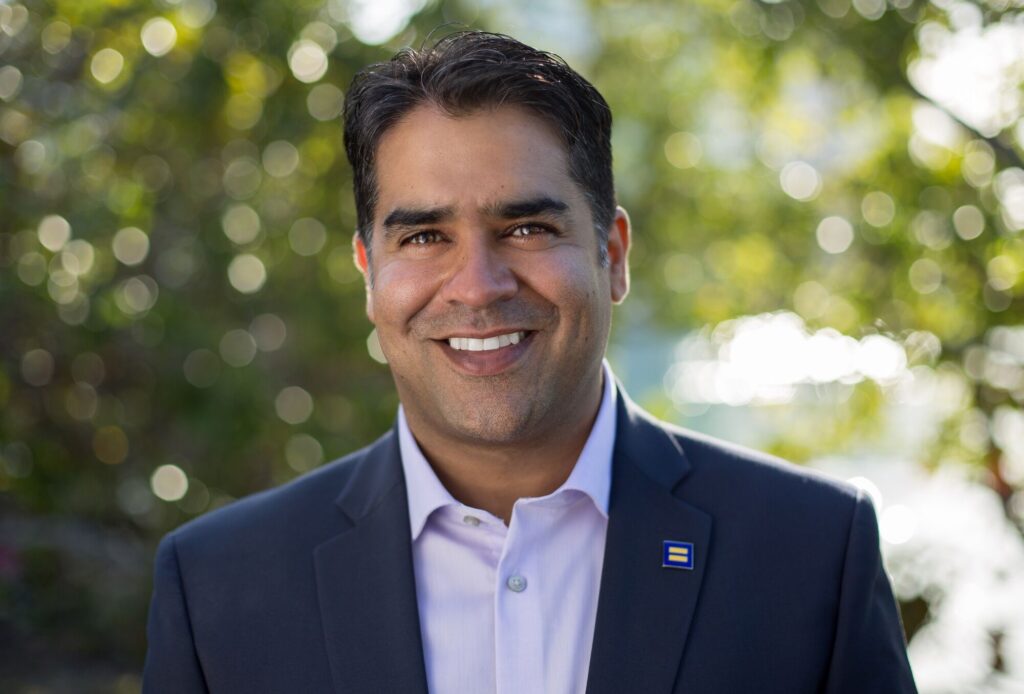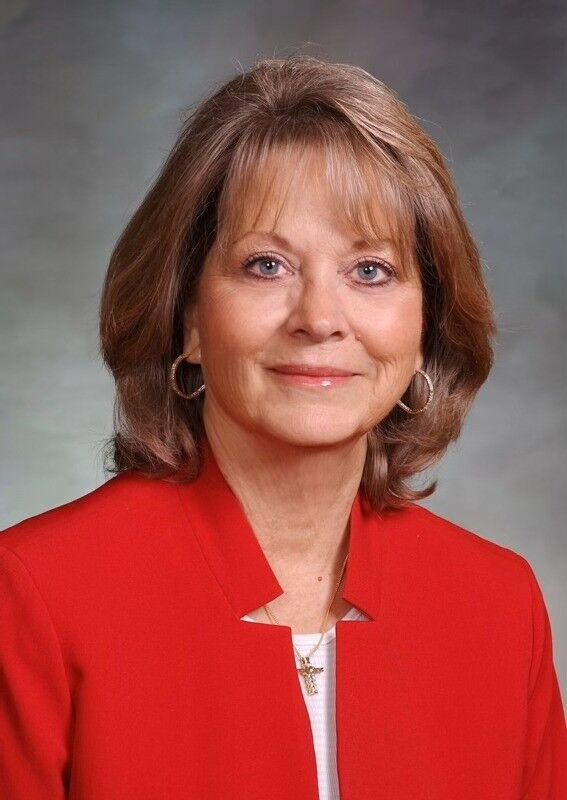Financial tech should serve Colorado families — not sell their data | PODIUM

By Brianna Titone
I proudly serve as vice chair of the Colorado House Finance Committee, and with experience as a full-stack web developer under my belt, I am keenly aware companies can manipulate technology to extract value from consumers.
Throughout my time in the legislature, I’ve fought to ensure technology serves Coloradans, not the other way around. Whether regulating artificial intelligence to prevent misuse, protecting consumers from price gouging, or establishing the nation’s first right-to-repair laws, the pattern is always the same: corporations use technical complexity to disguise exploitative practices, counting on the fact most people won’t understand what’s happening until it’s too late.
Now, that same pattern is unfolding in financial technology and it’s time we address it head on.
I’m talking about the data aggregator industry that sits between your financial apps and your actual bank accounts. If you use Venmo, a budgeting app, or an investment platform, your information likely passes through one of these companies. They’ve built multibillion-dollar businesses by using our financial data, turning everyday banking activity into a marketable commodity.
When you authorize an app to connect to your bank, you’re not linking directly to the bank. You’re granting access to a third-party data aggregator that can continuously pull your financial information. The frequency and scope of that access are almost entirely unregulated. One major bank recently reported receiving billions of data requests in a single month and only a small fraction was triggered by users opening their apps. The rest came from automated systems run by aggregators building massive databases they can monetize on later.
The security risks are enormous. Banks report far higher fraud rates for transactions routed through aggregators compared to direct bank transactions. And when breaches happen, it is consumers, working families and small business owners, who bear the cost. The parent saving for a child’s college fund or the small business owner managing payroll shouldn’t lose sleep wondering who’s watching their bank account in real time.

Coloradans value innovation. We embrace new technology and entrepreneurship, but not at the expense of our privacy or financial security. Our families should be able to use modern financial tools without being forced into a system of hidden surveillance.
That’s why policymakers must act now to set clear, enforceable standards that put consumers ahead of corporate data collection. It’s encouraging that the Consumer Financial Protection Bureau (CFPB) has begun the rulemaking process for open banking. Now, it’s critical the bureau and leaders in Congress push for strong, commonsense rules that truly protect consumers.
Any company accessing financial information should be held to rigorous, independently audited security protocols. And when a consumer decides to stop using a service, their data connection should be terminated immediately and permanently. No fine print, no delays, no lingering access — just a single, decisive action that puts control back in the hands of the user.
Finally, companies must be limited to collecting only the information necessary to provide the service a consumer actually requests. Continuous background data harvesting without active consent has no place in a fair financial system.
Consumer protection and technological innovation are not opposites; they are two sides of a responsible digital economy. By setting clear boundaries, we can ensure innovation in financial technology continues to thrive while keeping Coloradans’ personal data safe.
Coloradans work hard for every dollar they earn. They deserve to know their financial information is safe, their privacy respected, and their trust not taken for granted. Protecting that trust isn’t just good policy — it’s a fundamental obligation to the people we serve, and it should be a top priority for both our members of Congress and the CFPB.
Brianna Titone is a four-term Colorado state representative, candidate for State Treasurer and geologist and software developer by training.













